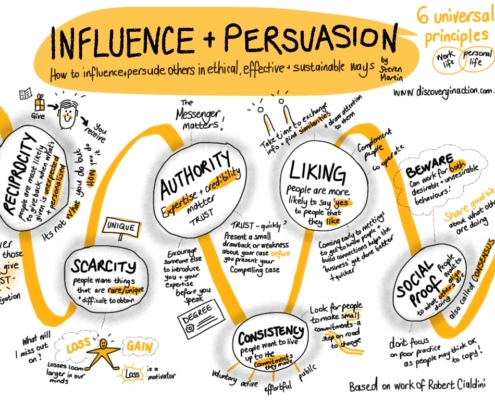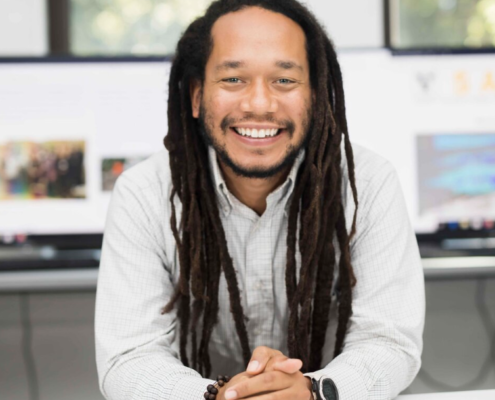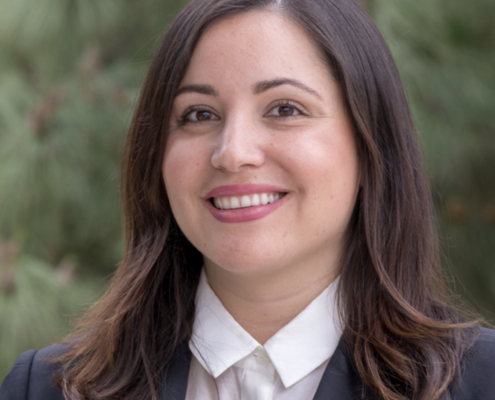
LA Social Science 2021 Summer Course Previews: Communication Courses with Professor Suman
As summer 2021 approaches, LA Social Science will be highlighting…

Incoming UCLA Professor Dunnavant’s Work With the Smithsonian in Africatown Featured in the News
Dr. Justin Dunnavant, an incoming professor in the UCLA Department…

Sonja Diaz Testifies in U.S. House Hearing on Ensuring Free and Fair Access to the Ballot
Sonja Diaz, founding director of the UCLA Latino Policy and…

